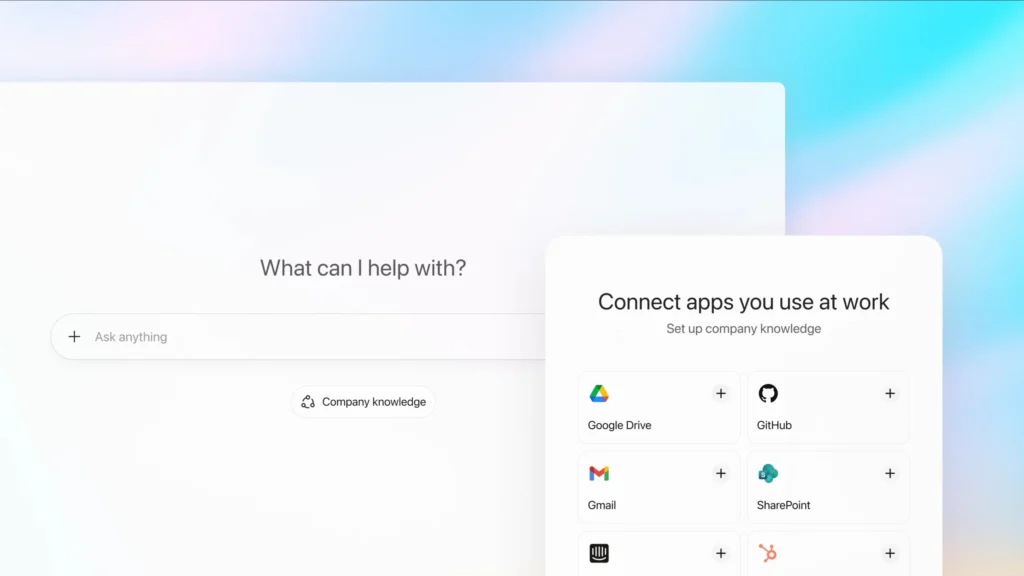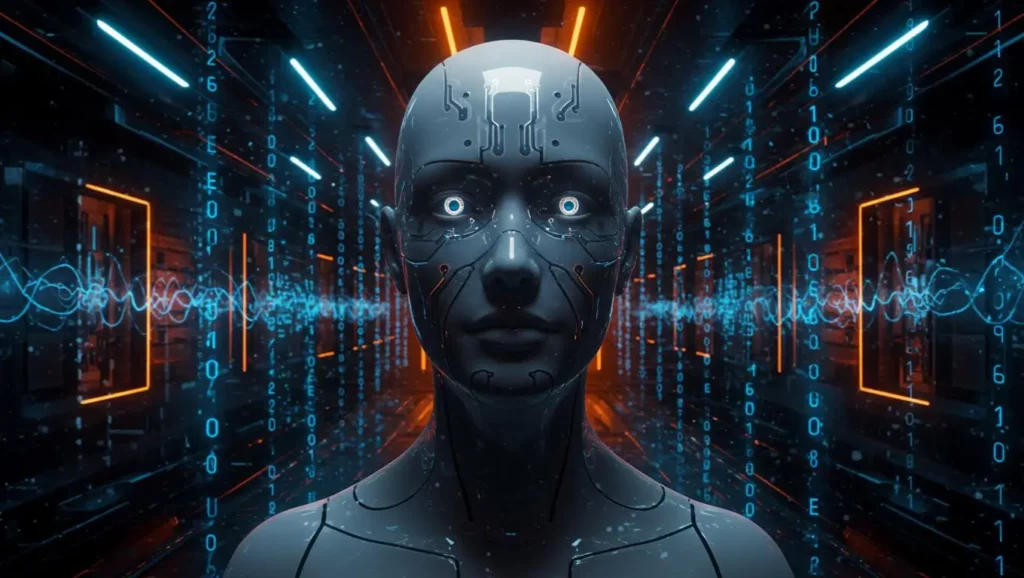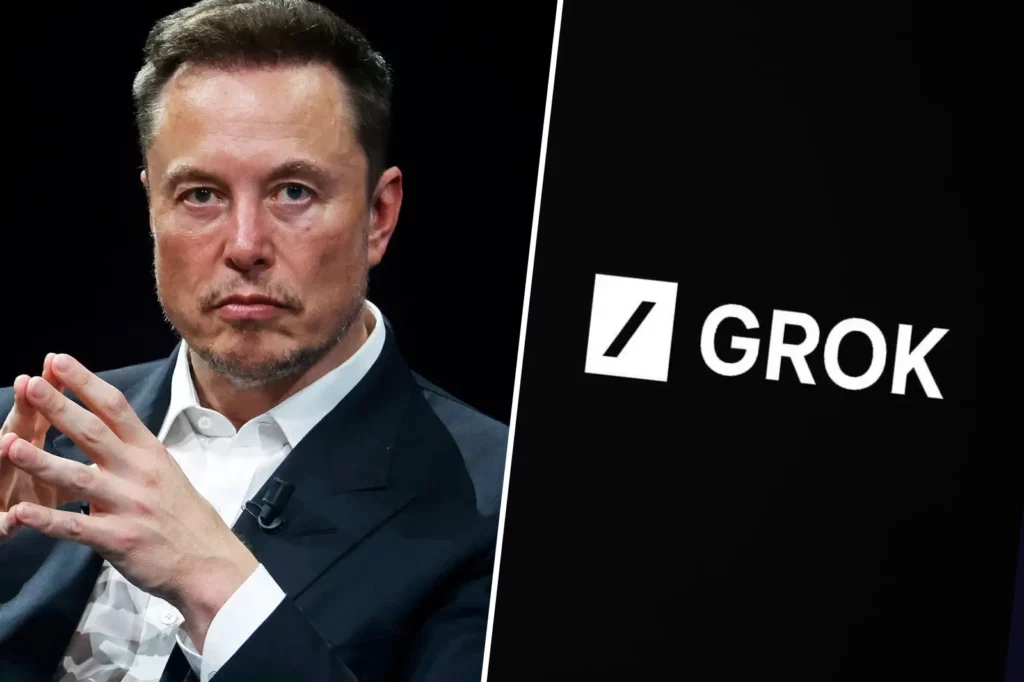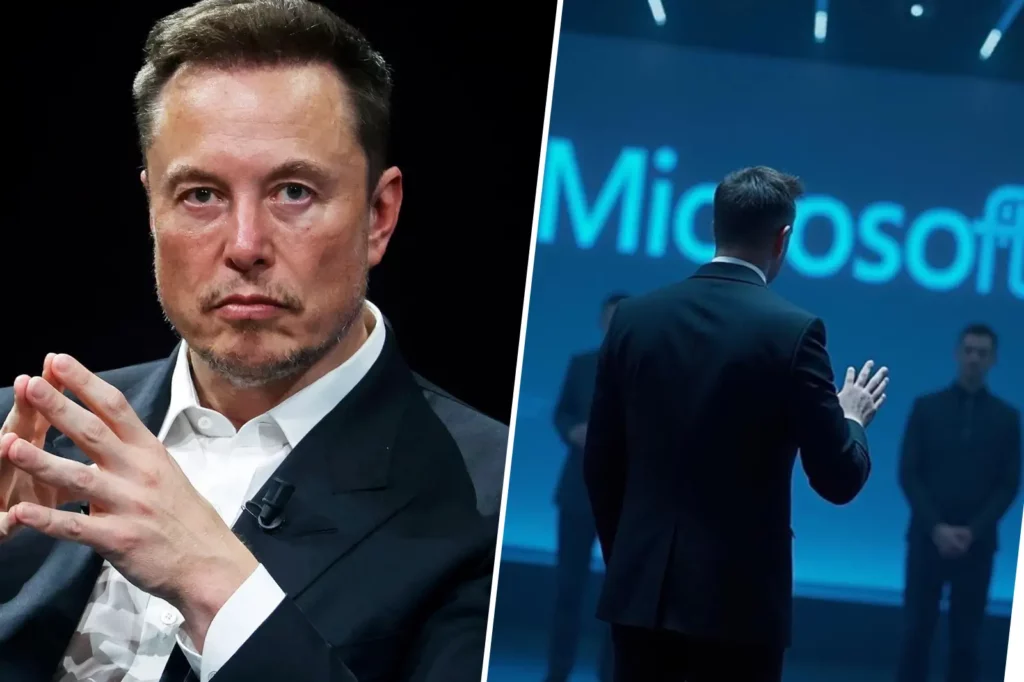ChatGPT connects to your data: the new feature ‘Company Knowledge’ is here
OpenAI has just launched a new feature for ChatGPT designed for businesses, educational institutions, and large organizations: “Company Knowledge.”
This update, powered by a version of GPT-5, allows ChatGPT to directly connect to your workplace tools — such as Slack, SharePoint, Google Drive, or GitHub — to quickly retrieve internal information without leaving the conversation.
ChatGPT Becomes a Search Engine for Companies
The goal is straightforward: transform ChatGPT into a conversational assistant that can explore all of your business data to find the most relevant answers.
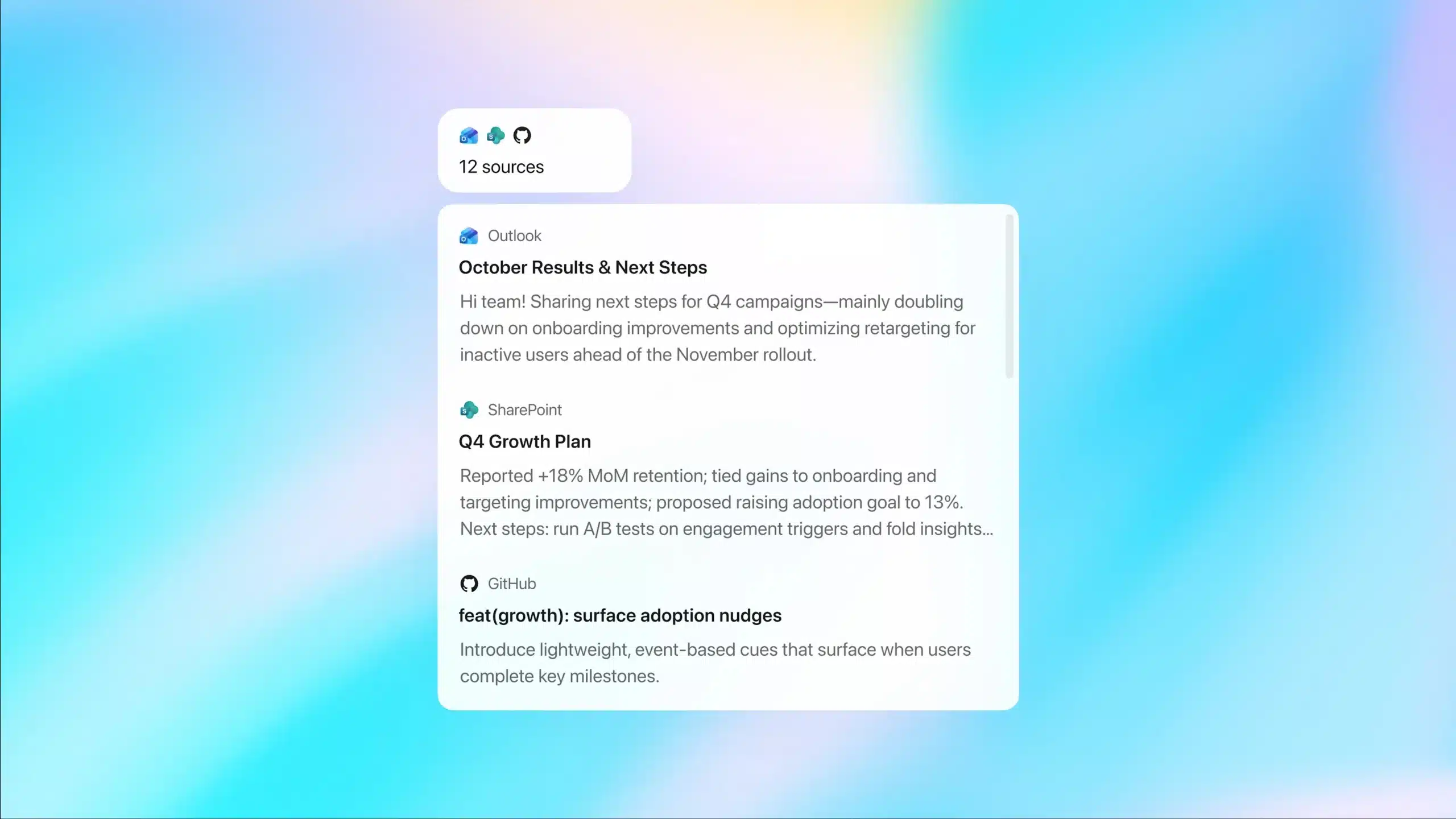
In practice, it can compile information from multiple sources simultaneously and then provide a complete response with citations and direct links to the original files.
For example, before a client call, ChatGPT can generate a brief from your Slack conversations, a Google Docs document containing meeting notes, recent emails, and even Intercom tickets related to the account.
This approach aligns with the trend towards “contextual enterprise AI,” akin to the “Skills” recently launched by Anthropic for its assistant Claude.
A Contextual, Simultaneous, and Timely Search
OpenAI explains that this version of GPT-5 can perform multiple searches in parallel, handle ambiguous questions (e.g., “Where are we on the 2026 goals?”), and apply time filters to distinguish the most recent information.
The model can also “think while searching,” combining logic and document research to provide more reliable answers.
Activation and Limitations
The “Company Knowledge” feature must be manually activated at the start of a conversation. While in use, ChatGPT cannot browse the web or generate images or graphs. It can, however, respond to certain requests via connected applications, though without the same depth of analysis or precise citations.
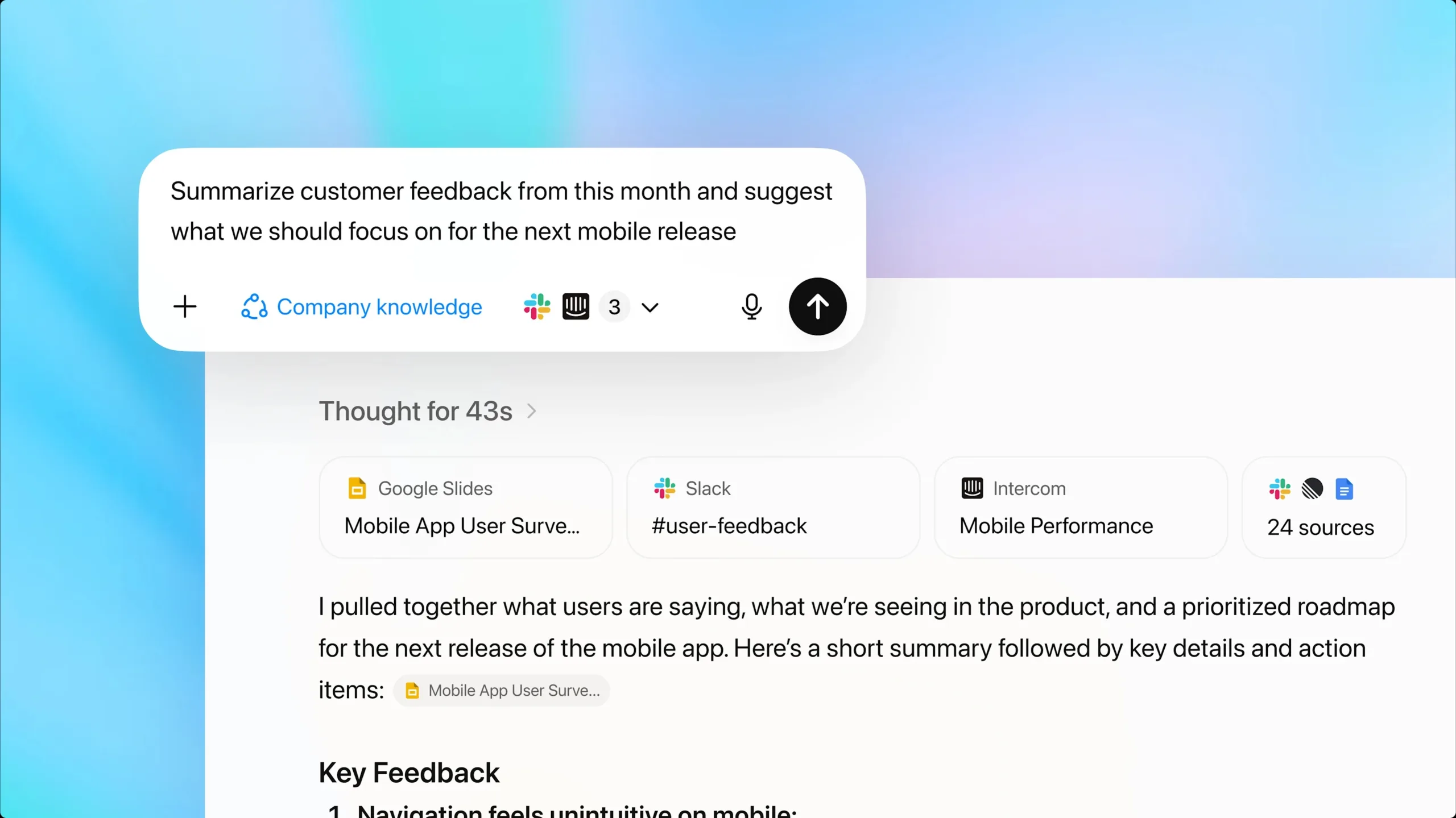
OpenAI indicates that new features (such as report generation or interactive charts) will roll out in the coming months.
A Step Closer to Professional Co-Pilot
With this advancement, OpenAI clearly reinforces ChatGPT’s role as a “work assistant,” already adopted by many businesses worldwide. Thanks to direct connections to their internal sources, teams can query their data in natural language, eliminating the need for complex queries or tedious manual searches.
Thus, ChatGPT becomes a true conversational search engine for companies, capable of aggregating internal knowledge in real-time, all powered by GPT-5.

